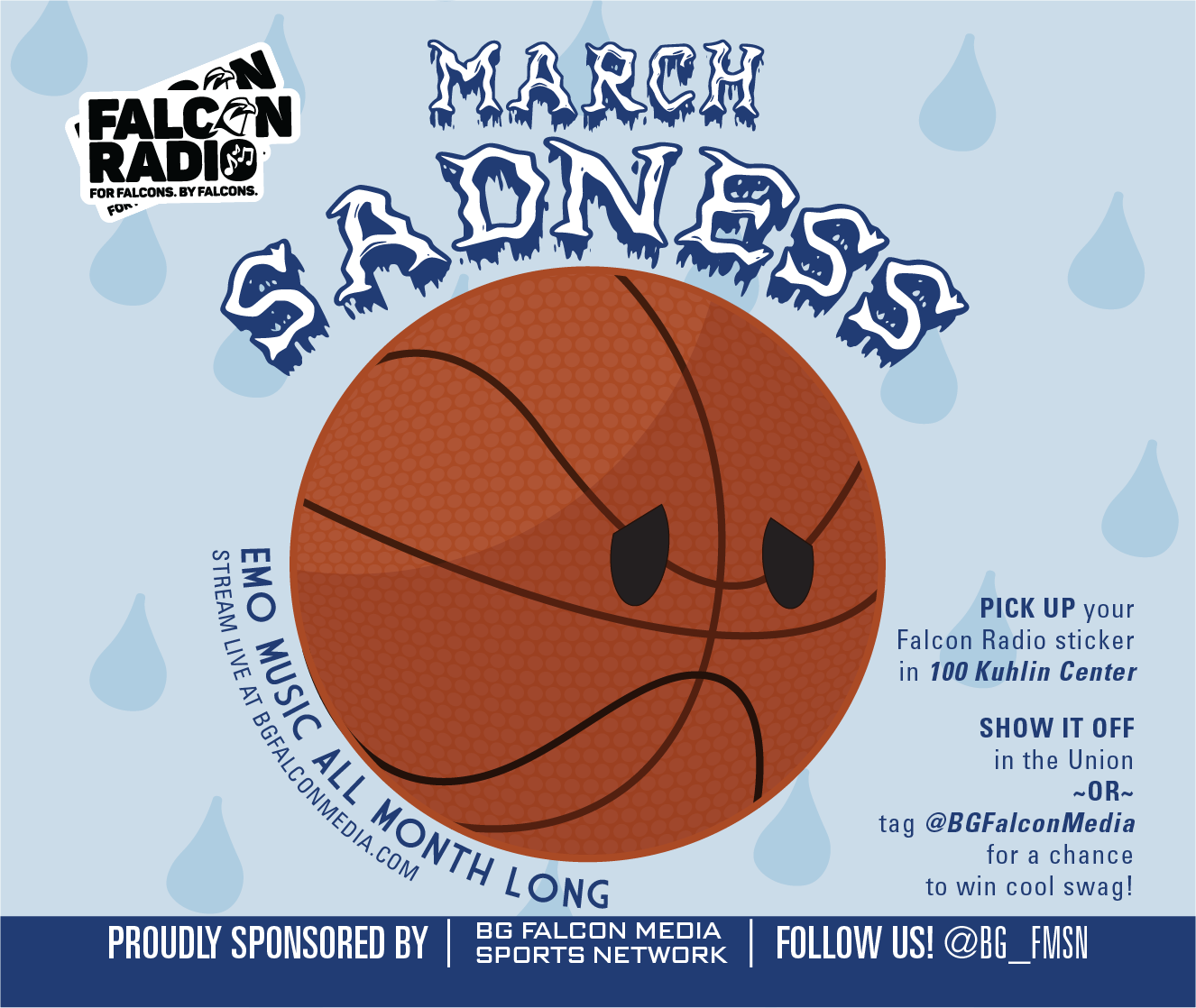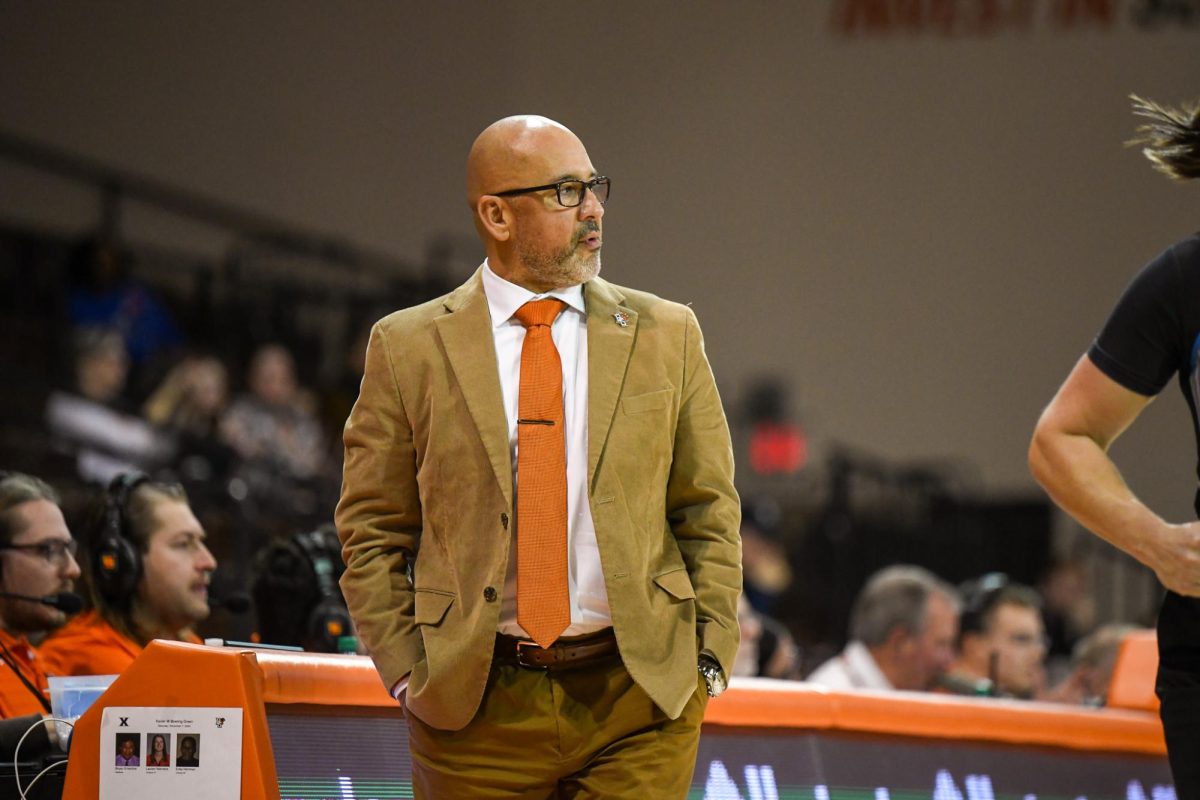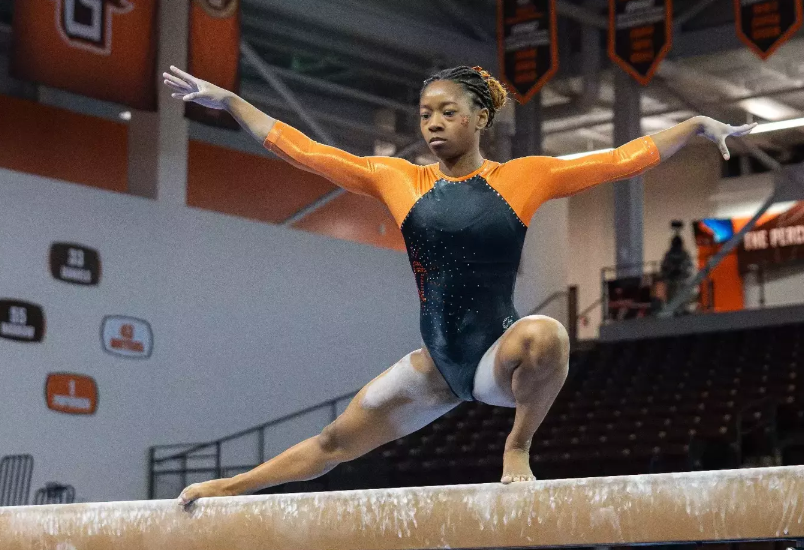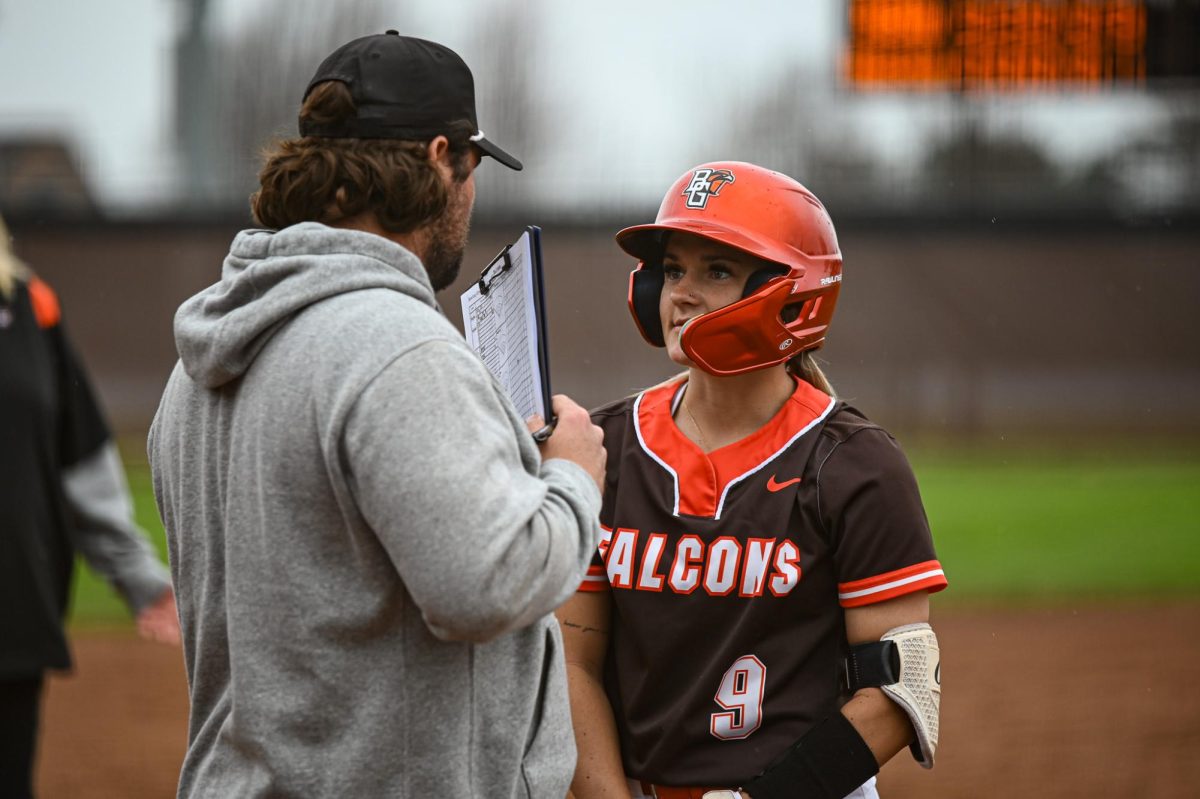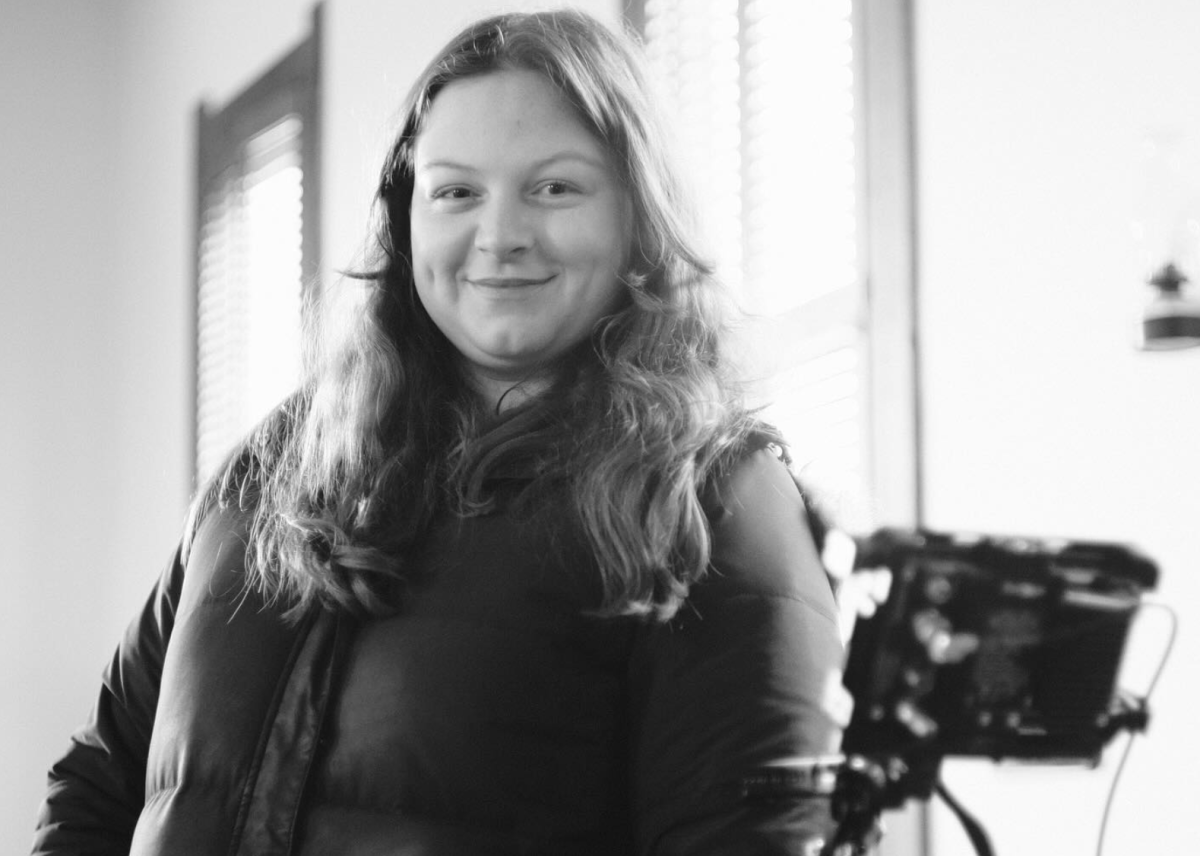Kailee Ransom on Rape Culture in the Film Industry
September 26, 2022
Kailee Ransom aspires to make her mark in the classroom as a dedicated student, writer and mentor at Bowling Green State University.
Ransom is a second-year marketing major with a minor in entrepreneurship. She takes pride in taking other students under her wing as a Peer Leader for the College of Business. Ransom also cherishes every opportunity she gets to write for classes. She has enjoyed writing since she was in first grade. Then, it was short stories about her pet cats going to space. Now, it’s essays on rape culture in the film industry.
Ransom composed an essay titled “Rated: R” for her WRIT 1120 research writing project her freshman year. She was inspired to write the piece while she was watching one of her favorite 90s shows: Clueless. She noticed that the show incorporated an odd amount of sexual nuance, especially for its focus on high schoolers. She went on to analyze films that both condemned and advertised misogynistic stereotypes and behaviors.
“I have found that with my favorite movies I’ve become so desensitized to their stories because I have watched and rewatched them to the point that I no longer register what is happening in them. Oftentimes I used to make excuses for these films, even defending them as if they were a part of me,” the essay said. “However, I have recently been revisiting many of my all-time favorite films through a more open-minded lens, and I have hated what I have noticed.”
Ransom found that many films she had loved had unexpected undertones.
“All of the movies allude to much darker themes than I recalled, and many portrayed sexual assault and rape culture in a dangerous way,” the essay said. “It saddened me that I had not previously noticed such harmful references. As much as I was hurt by my own misconceptions of the films, I also wondered how many more subtleties I and others miss while enjoying movies.”
Ransom believes that film media often stands in the way of safe sex education for young girls. With middle and high schools suffering from non holistic sex ed, Ransom felt like she was left in the dark.
“I feel like I was let down and that I don’t know anything. I feel like I am unprepared,” she said.
The essay discussed the importance of addressing sexist and misogynist themes that are prevalent in mainstream media. Consequently, young viewers may turn to films for sex education to fill the gaps in their schooling.
“The reality of it is that women experience sexual violence at a disproportionate rate to men due, in part, to the treatment of women on screen and within the film industry. It is important to note that due to a lack of sex education in schools, many adolescents’ primary form of knowledge about sex is formed through media and film which often romanticize or brush off abusive and manipulative relationships and sexual encounters,” the essay said.
One of the films Ransom covered was Promising Young Woman, a story written to call out many flaws in society’s treatment of women. Ransom noted that the movie focuses on a “nice guy stereotype,” where men who outwardly show respect for their female counterparts can feel entitled to them. In the film, the main character plays a drunk character that often attracts “nice” men that will end up taking advantage of her later on. Ransom understands that if this were to happen in real life, the court system may be unsympathetic.
“Too often in rape and sexual assault cases, the woman’s past is used against them as a way to rationalize what has happened to them, as if they deserve to be raped for dressing provocatively or consuming alcohol. While the man’s contributions toward society are used to uphold their reputation. Victims are used as the scapegoat to blame so that the deeper issue in society can be left untouched,” the essay said.
In other films that are expected to be more wholesome, Ransom detected undertones of rape culture. Women are dressing for men, pleasing men and most importantly, being coerced by men. She said that the process of dissecting her favorite films to uncover these depressing themes was exhausting, though unsurprising.
“I’m expecting [the movies] to not disappoint me. To be exactly what I thought they were: wholesome, not concerning,” Ransom said.
The findings of the project are some that Ransom will keep with her for a lifetime. She plans to push back against gendered stereotypes herself by owning her own business and advocating for social rights. Ransom would like to own her own coffee shop, have pet cats, and be an activist; following her dreams without the burden of the male gaze. She wants to “give it all back” in the end.
“I hope I am intimidating. Because I think being a woman in business is a really powerful thing. It is a male-dominated field,” she said.




